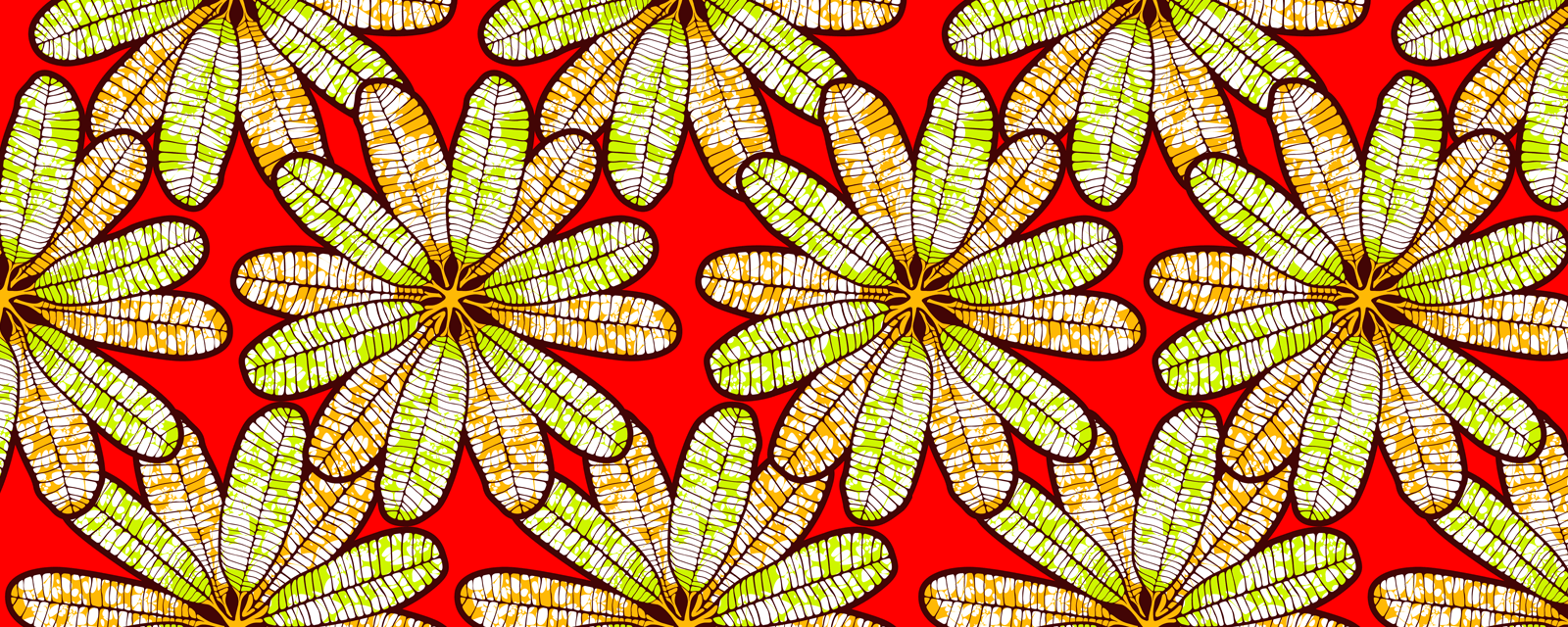The Gurage people traditionally inhabit the fertile region of southwest Ethiopia where they grow a banana-like plant called Ensete, as well as coffee and khat. The diligent farmer is often praised in Chaha (the local language of which there are various dialects) songs as the model Gurage citizen and he is depicted on the Ethiopian dollar ploughing his fields.
To be a hardworking cultivator of land, generous to beggars and orphans, and hospitable to neighbours and kinfolk, is the model to which the Gurage aspire.
O man who cultivates the field, how great is your merit!
Wealth flows out from your fingers
The sea gushes out in front of your home
The crippled person comes to your house to beg
You share with him your produce
Because of this you receive blessing
The orphan comes to your door to beg
You share with him your produce
Because of this you receive blessing
The ants will not eat your fingers
When you die you are destined for Paradise
If you continue to live, you are destined for blessing
The virtues of the industrious farmer are often contrasted with the vices of the lazy good-for-nothing, who despite neglecting his fields and livestock, will borrow money to dress like a dandy.
Lazy one, woe unto you
To the public you seem beautiful
You use soap for washing
You put a hat on your head
You comb your hair with a comb of eight fingers
You roam around the public place
You pretend to be a man of affairs
You sit in the assembly with the gentlemen
But when you go to the highland (where grain grows)
When you enter an abundant field
You stood and you are lost
You bite your lips with envy and regret
If you enter your place with gentlemen
You don’t have even a jar of coffee
How can one receive guests this way?
Trouble came upon your wife
As for me I have said enough
Lest the stranger calls me queer.
Hospitality and providing ones guests with food and drink are admirable qualities, but those who neglect their fields will quarrel with their family and resent their guests when they come calling.
Cultivate the land, Courage!
Working in the fields is a gift of God
Through what does poverty enter?
Through the mat and seat
Poverty does not die by the spear; it dies by the plough
O lazy one, listen to me without getting angry
Farmer, listen to me proudly
Farmer, when the guest comes there is gwariya
and astara of good quality (1)
(To his wife he says) Choose and pull out the asat that please you (2)
Crumble it well and bring it
Prepare it well and bring it
What is there to drink by way of liquid?
Mix the honey and bring it
Lazy one, when the guest arrives
When he comes near the house
He bears a grudge toward the guest
(To his wife he says) Buy a qunna of grain for a thaler and bring it (3)
Prepare it well and bring it
One eats it feeling displeasure
While he says ‘Has it gone?’ (She says) ‘It has come to an end’
And a quarrel starts
If one does not cultivate the land it is death indeed, and this one (the lazy one) has died already
That one becomes big while cultivating the land one sees in our lifetime, before dying
Many Gurage sought employment in weaving and blacksmithing in the town of Gura. These are professions that some farmers hold in contempt. Whilst the farmer brings his own coffee and a bull to sacrifice at the monthly gathering others have to borrow money to pay for the offerings.
While everywhere people cultivate the land
Only in Gura of Chaha does one merely talk about it
In the Bero they drink liquor (4)
In the house they help one another finish the second coffee (5)
In Addis Adaba the Emperor said: ‘Cultivate the land’
The people are told over the radio
The thief is belittled
he is taken to prison
Let us remember the merits of people of old
Their body has been cut with a spear
Having pierced the enemy they chased him away (6)
The land has been extended in all directions
Now it is time to show manliness by cultivating the land
This thing is kept written
By Abba François, the son of everybody (7)
he also said that the land should be cultivated
You should agree and not put him to shame
let one be given coffee when one converses
Sitting down on a stool one consumes it
When one is tired one drinks it
When one gets strength one goes out and picks coffee grain
One cuts the leaves of the gwariya
Why does one participate in the monthly gathering without being able to afford it
Why does one kill a bull for the monthly gathering bought with with a loan?
And when the lender comes, one runs for another loan
He tells his wife when the lender comes ‘Prepare coffee’
She says to him ‘When did you cultivate the land? What is there to be prepared?’
Songs collected by Walda Sanbat Banti,
edited by Wolf Leslau,
from “The Farmer in Chaha Song”,
Africa 34, p230-242 (1964)
Footnotes
- gwariya and astara are kinds of Ensete, a banana-like plant native to Ethiopia.
- asat is another name for Ensete, a banana-like plant native to Ethiopia.
- A qunna: A kind of measure.
- The Bero is part of the town of Endibir, where the liquor stores are located.
- Wasting time on activities other than work.
- The previous generations were warriors.
- Abba François: Refers to Abba François Markos, the head of the Catholic mission in Endibir, who people treated like their own son.

